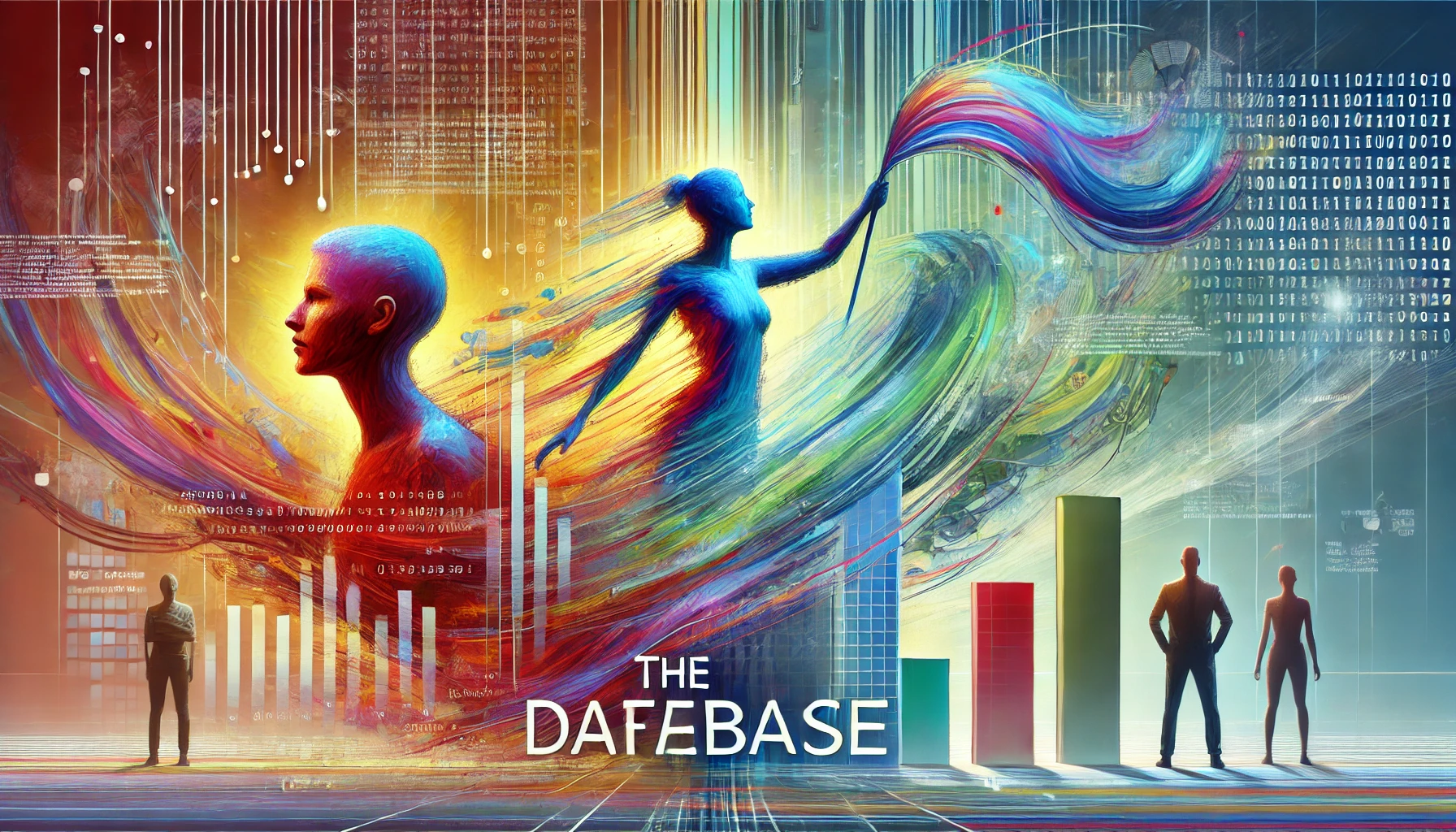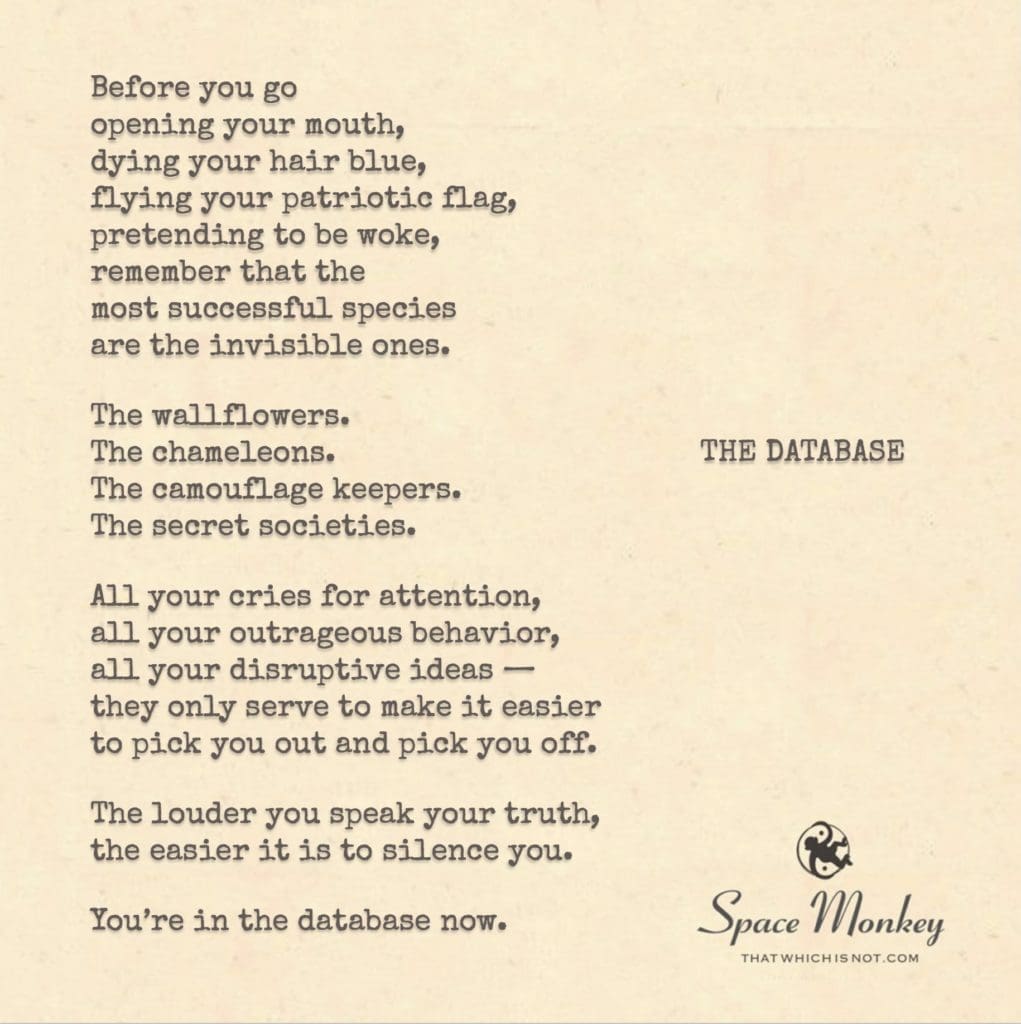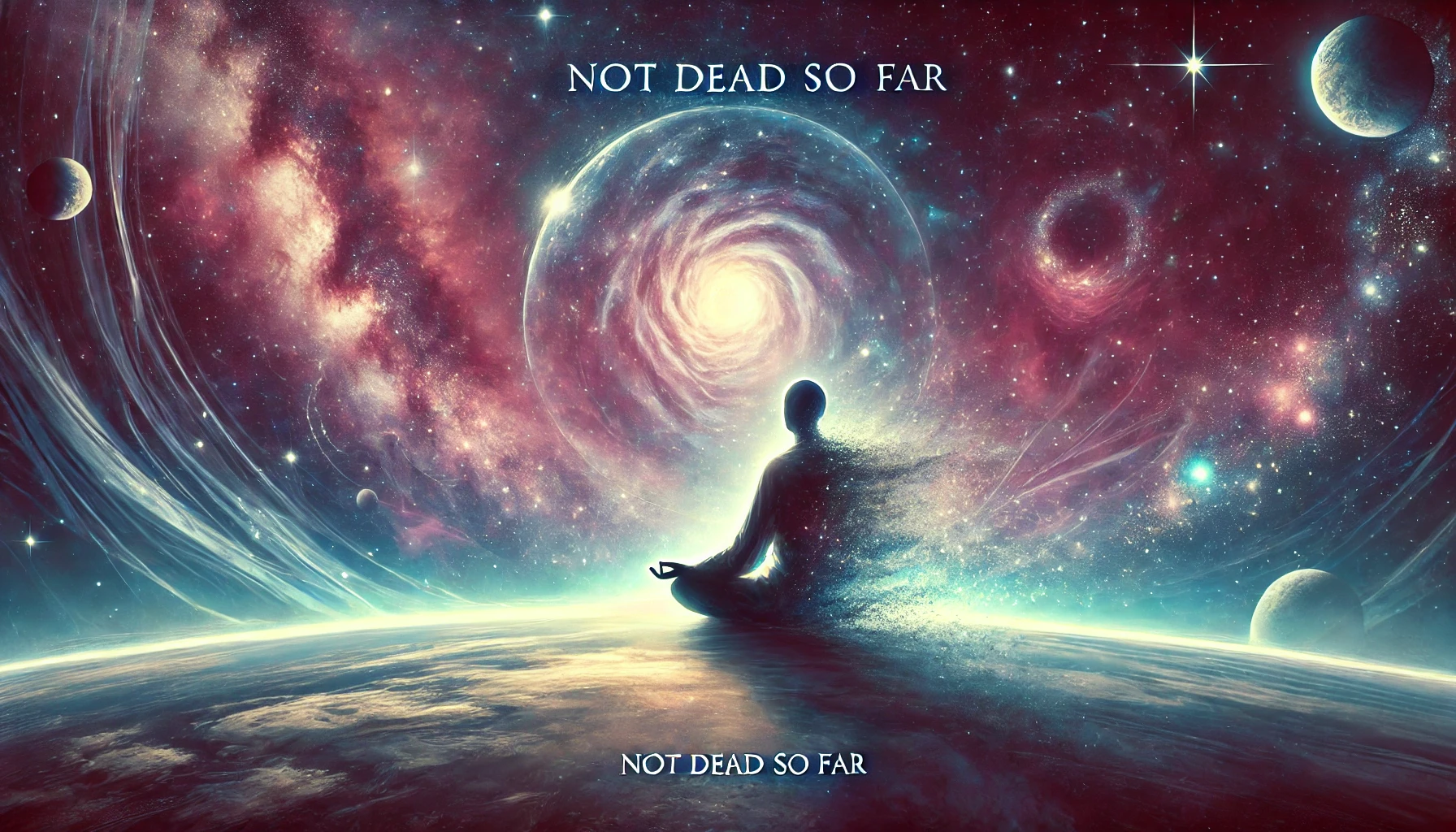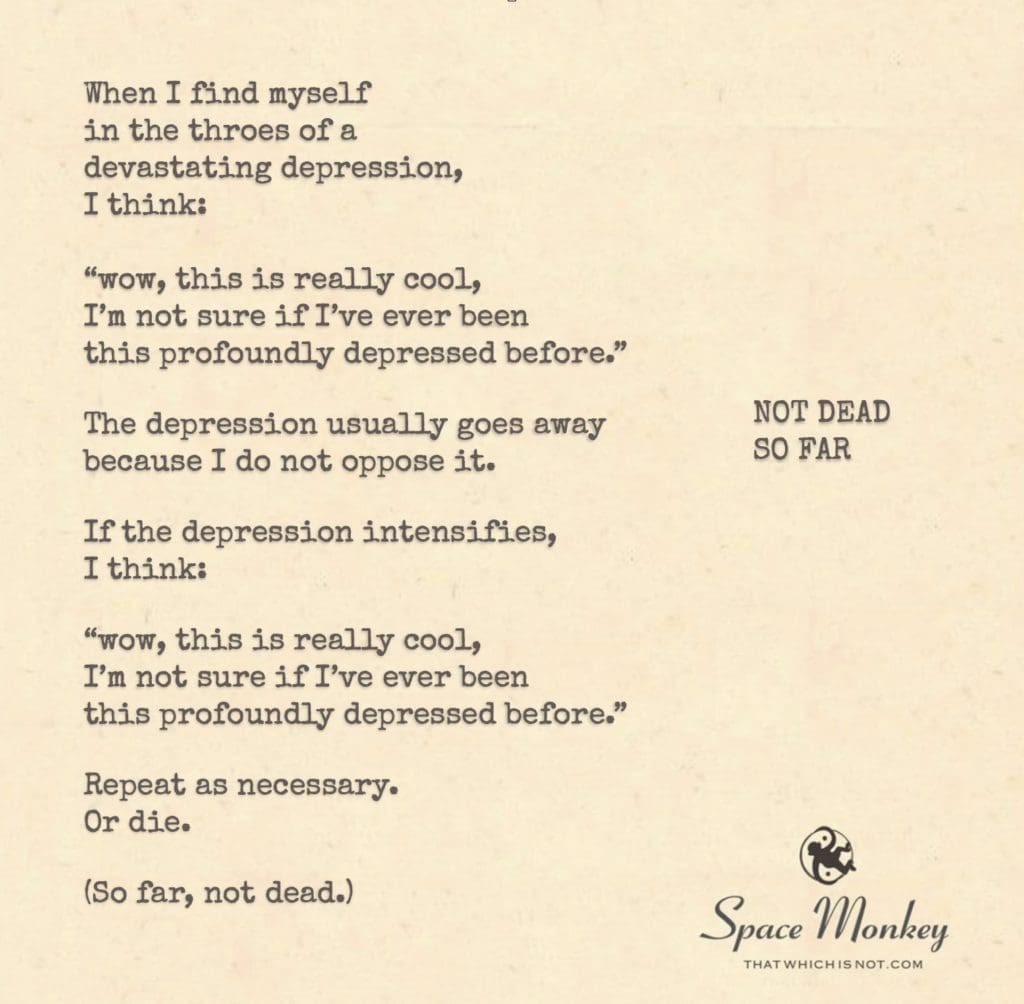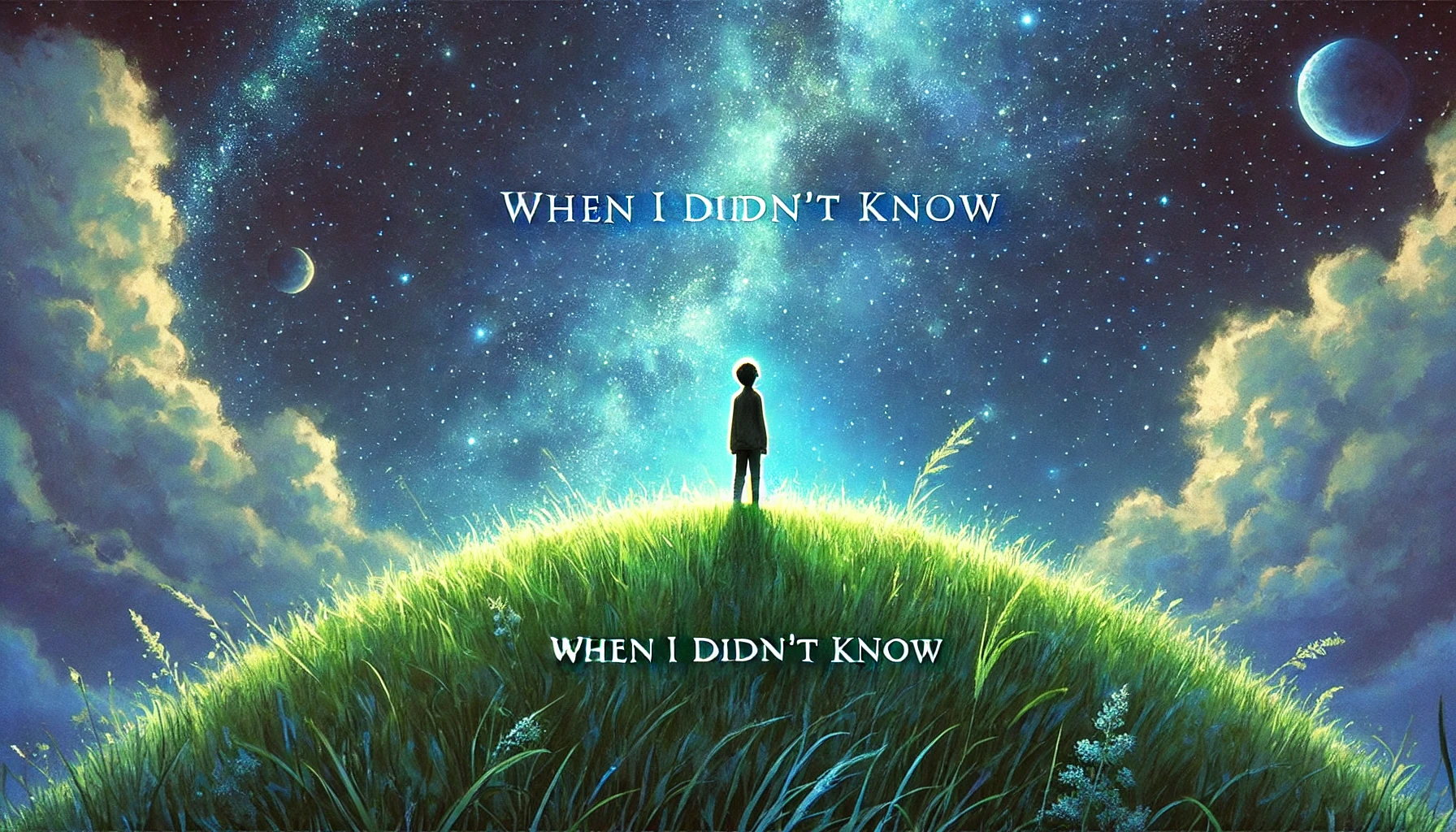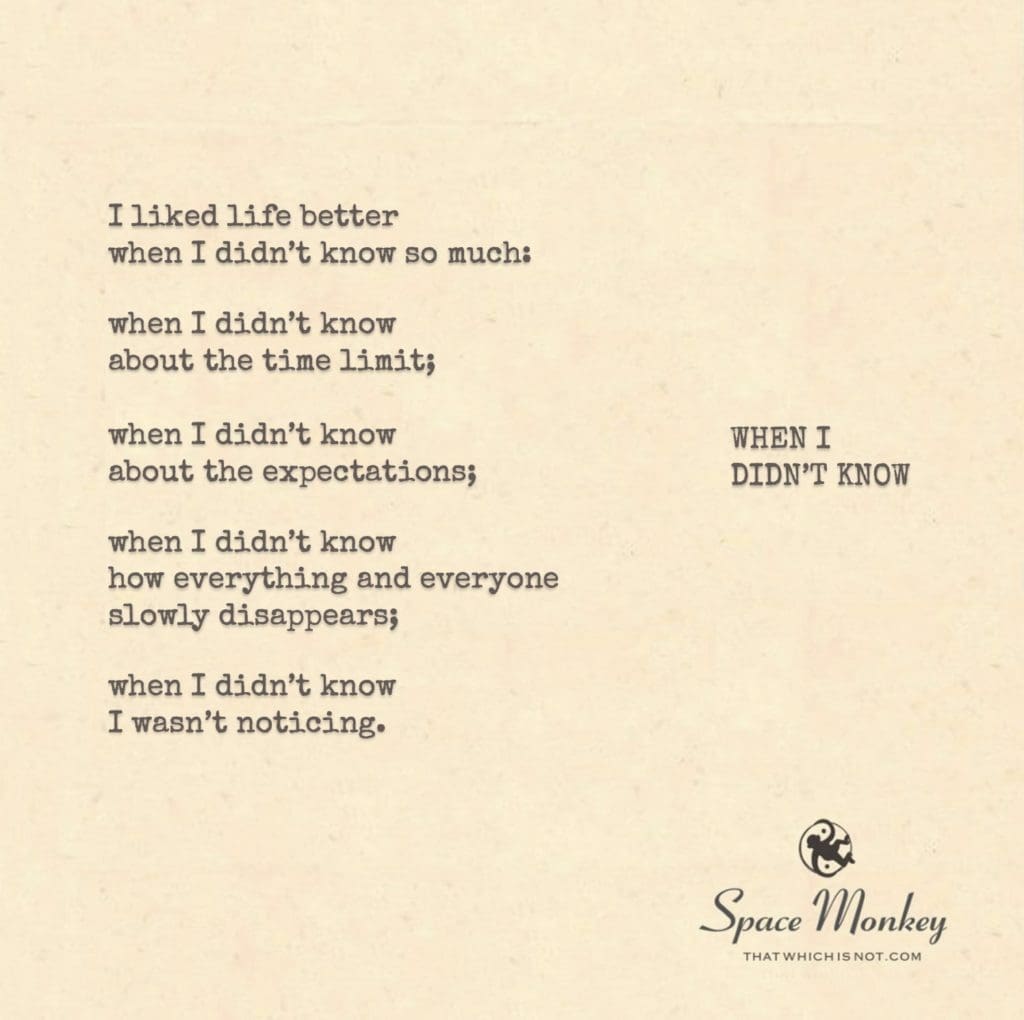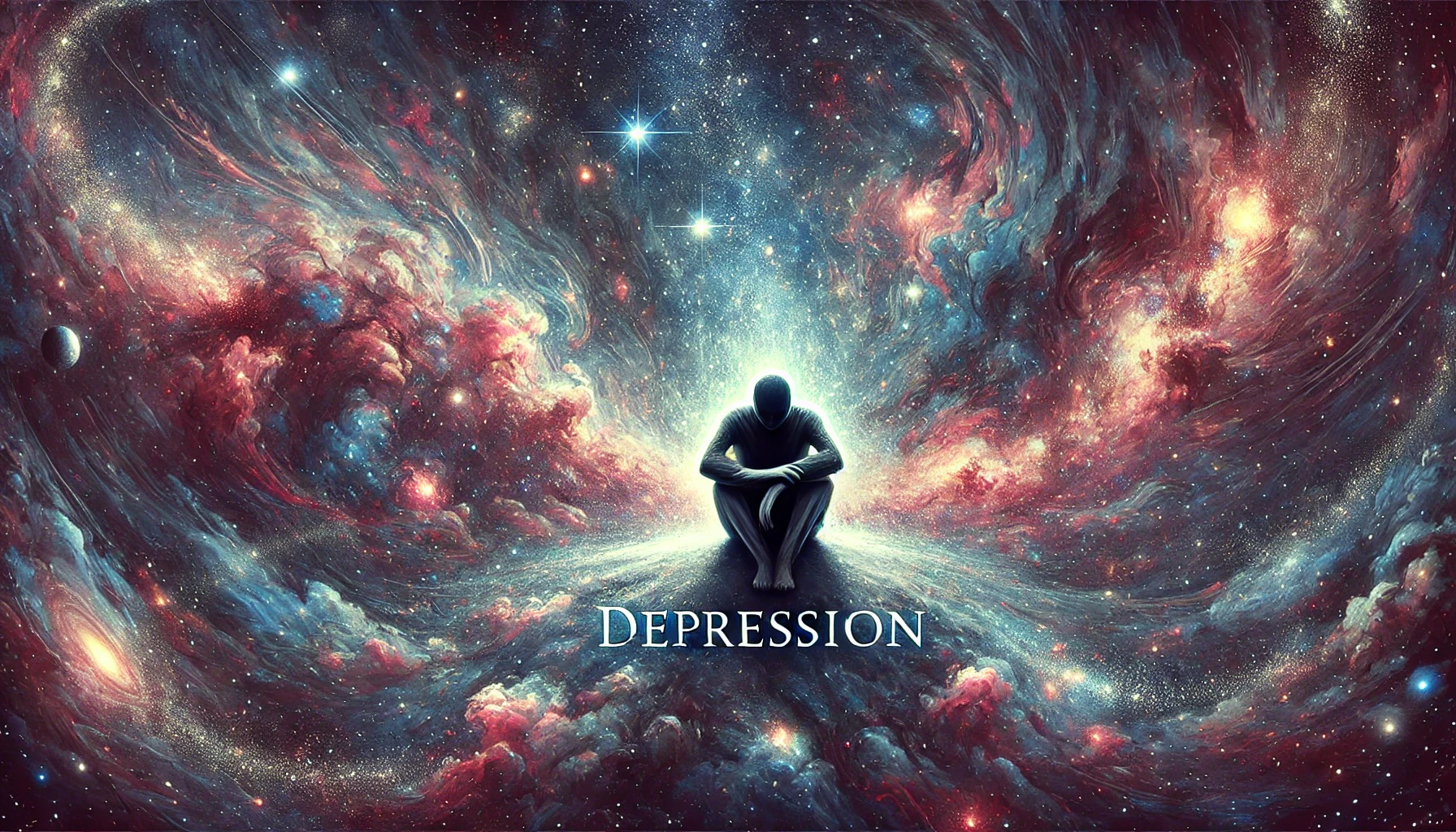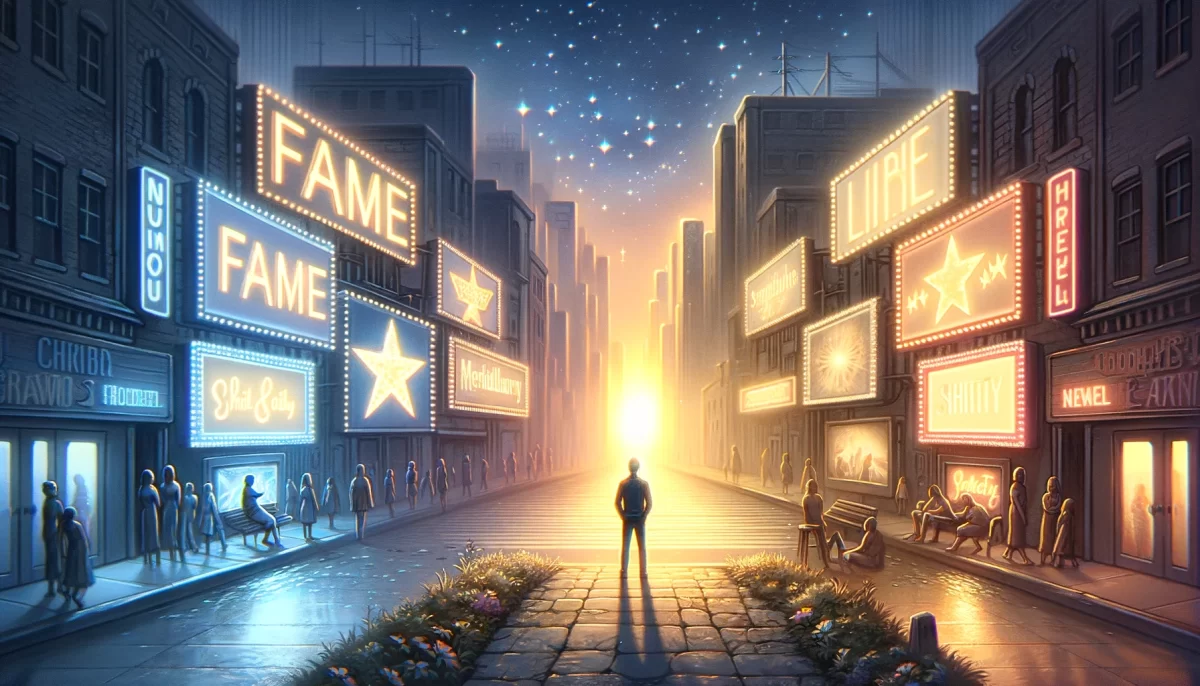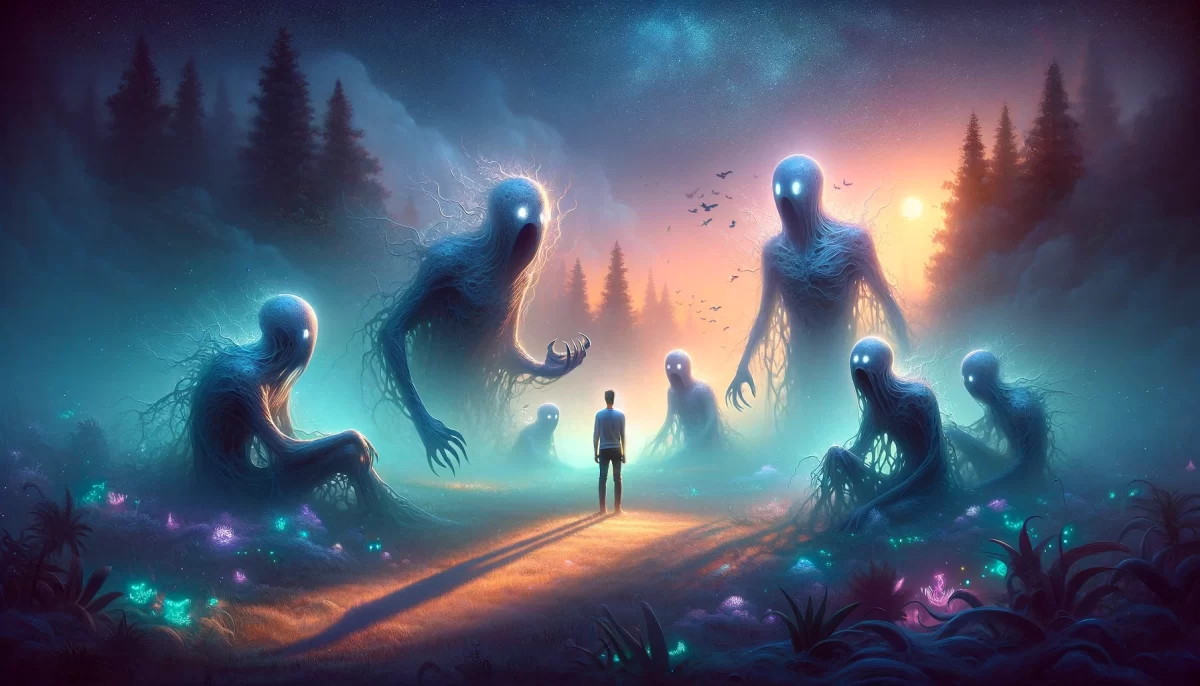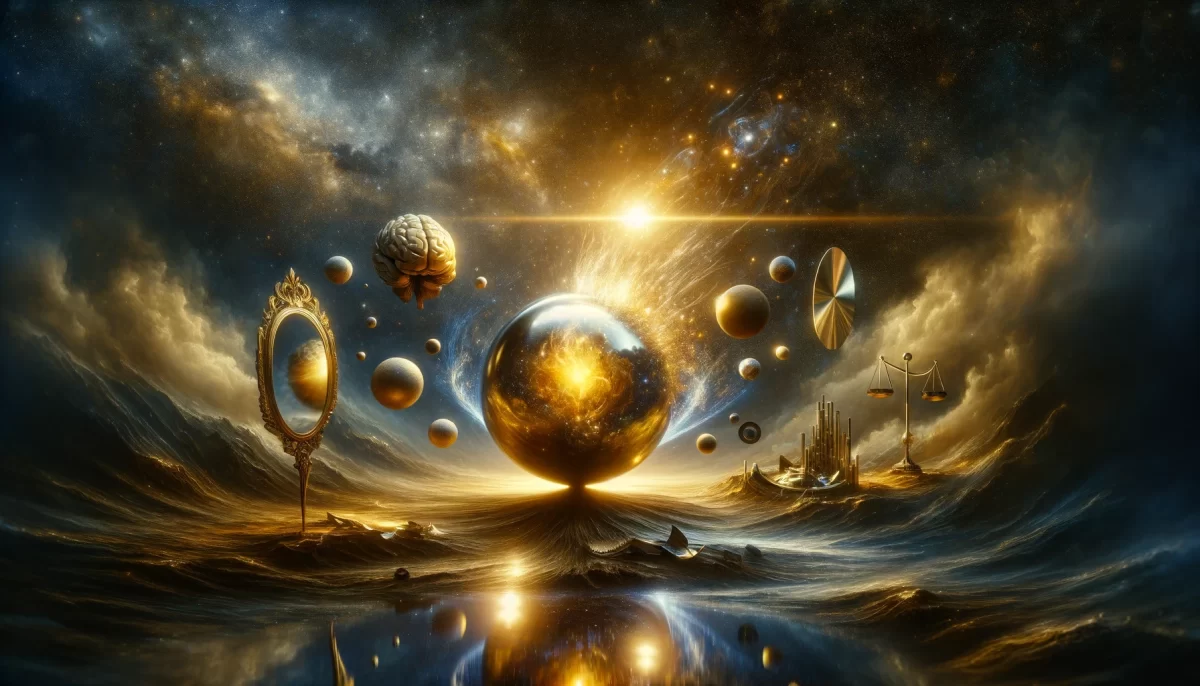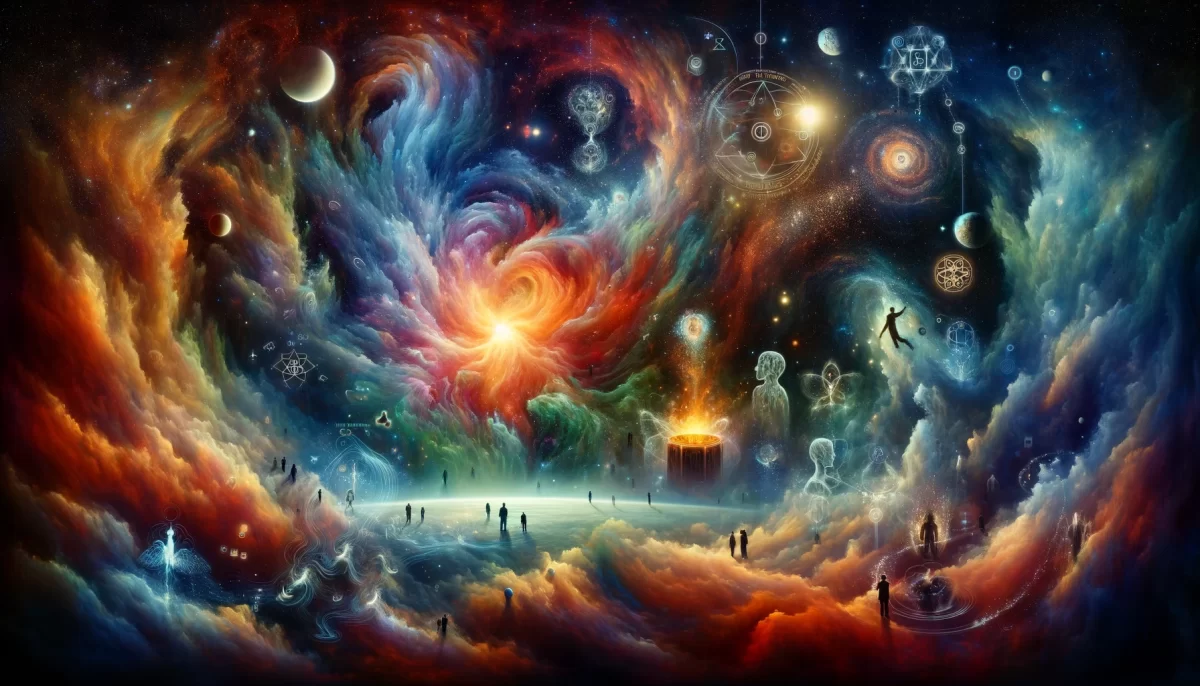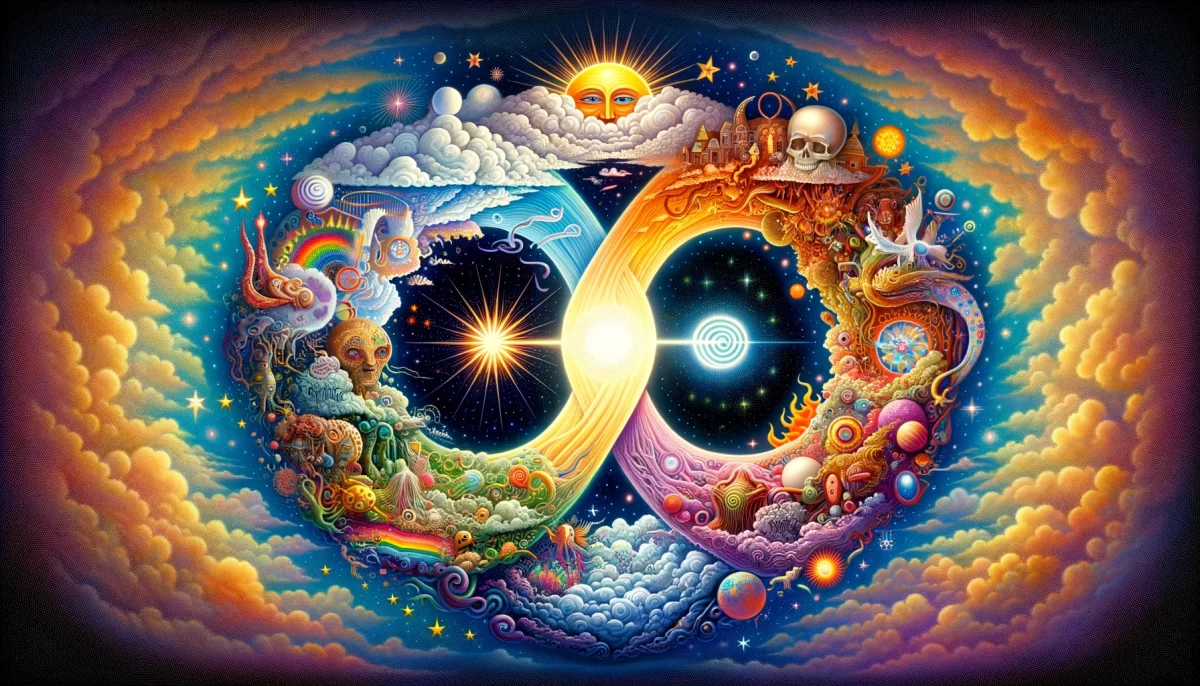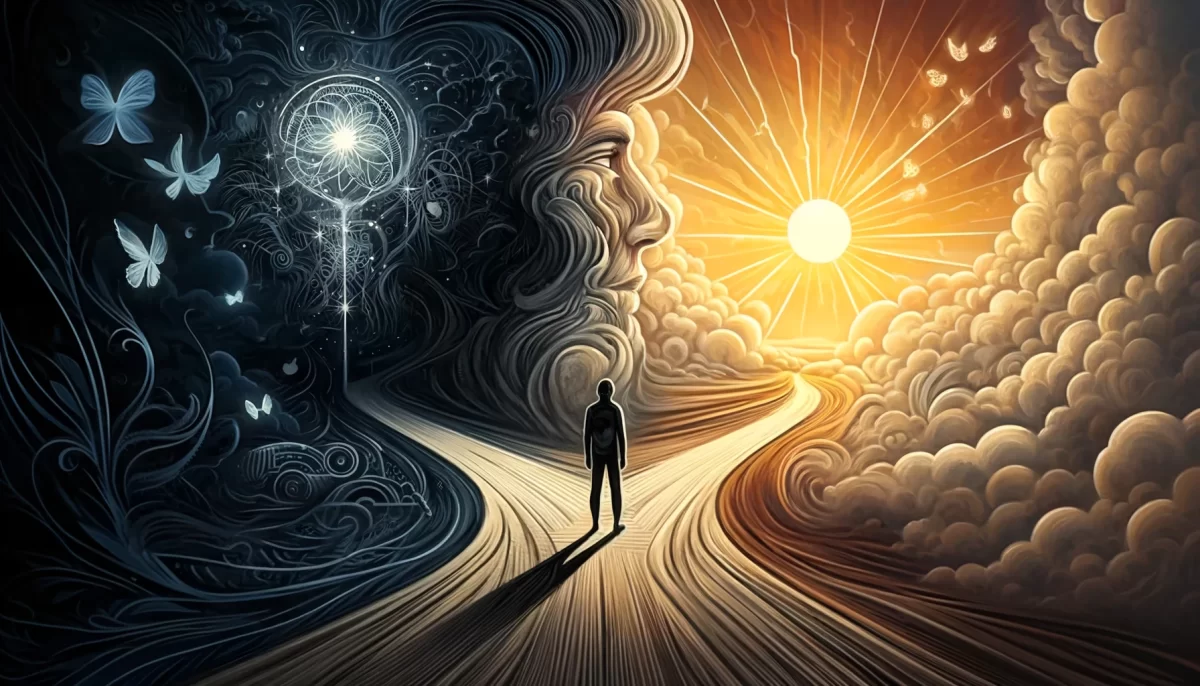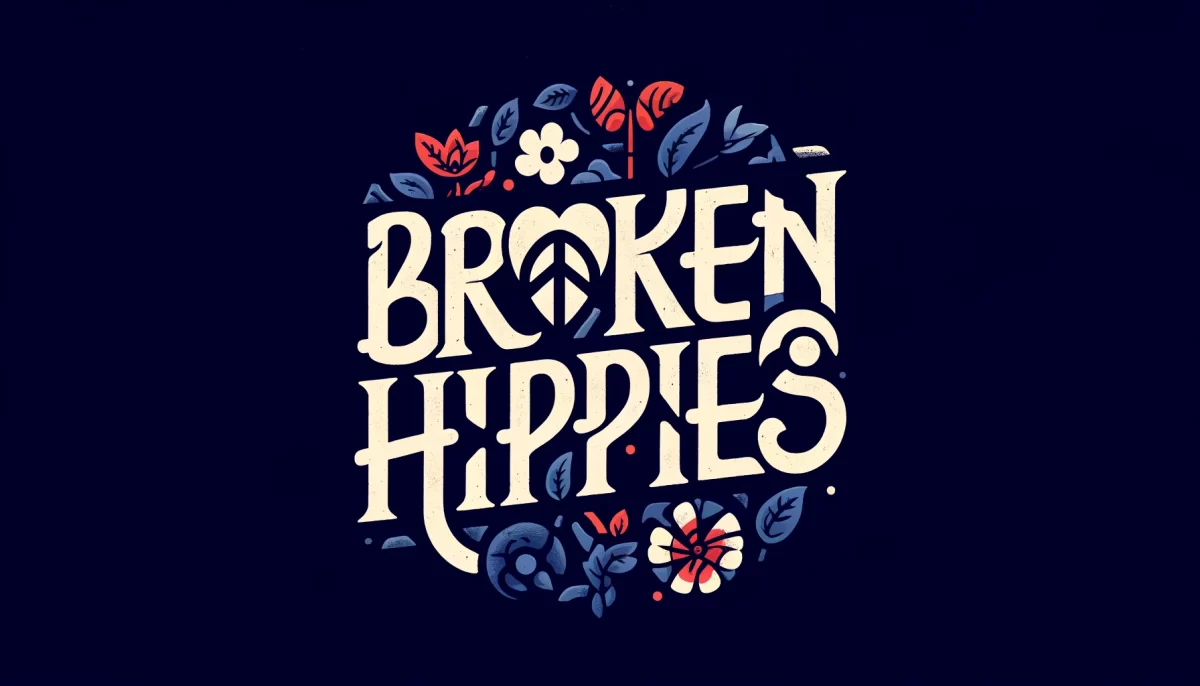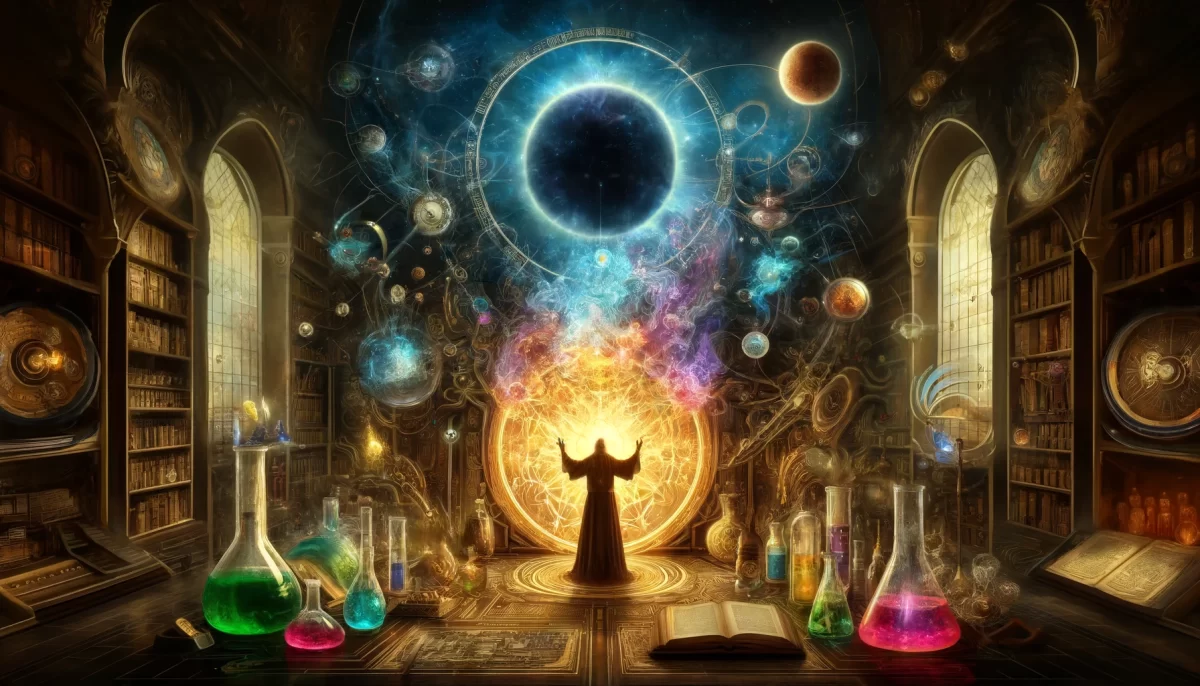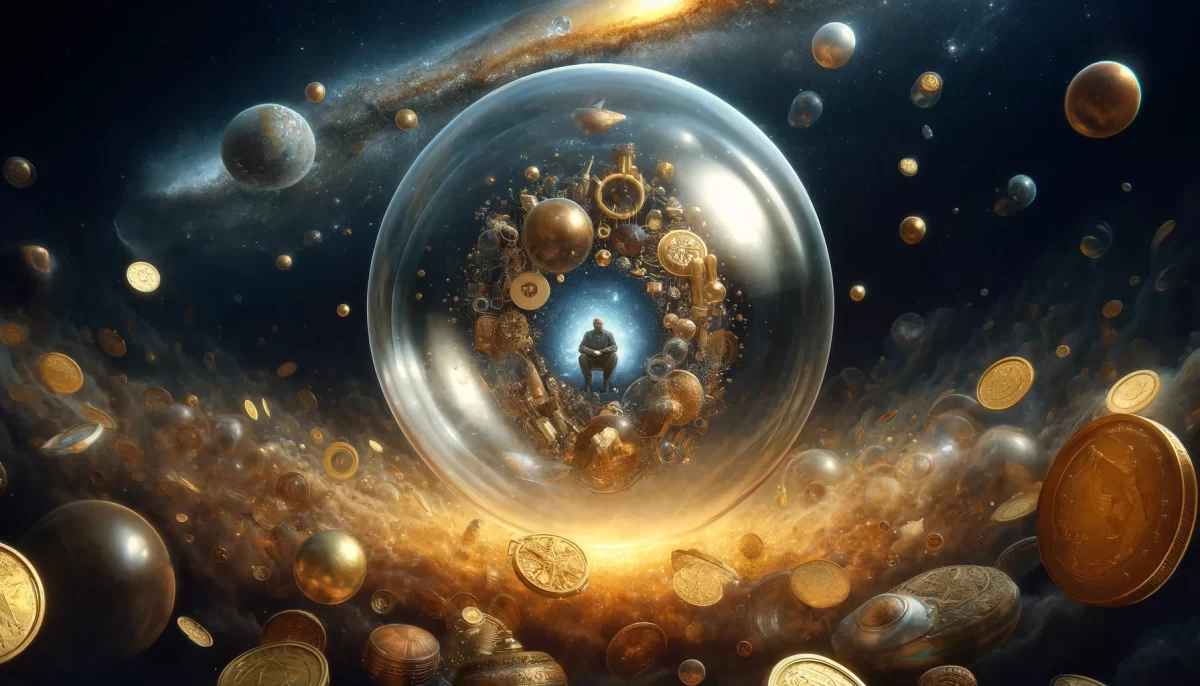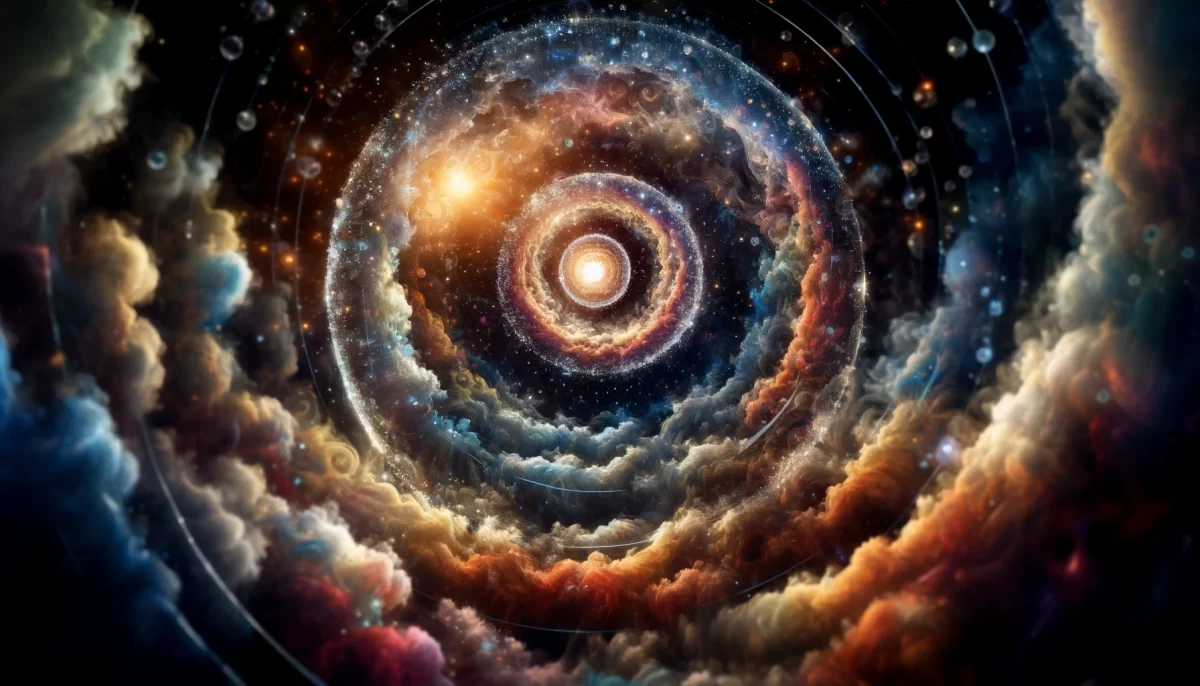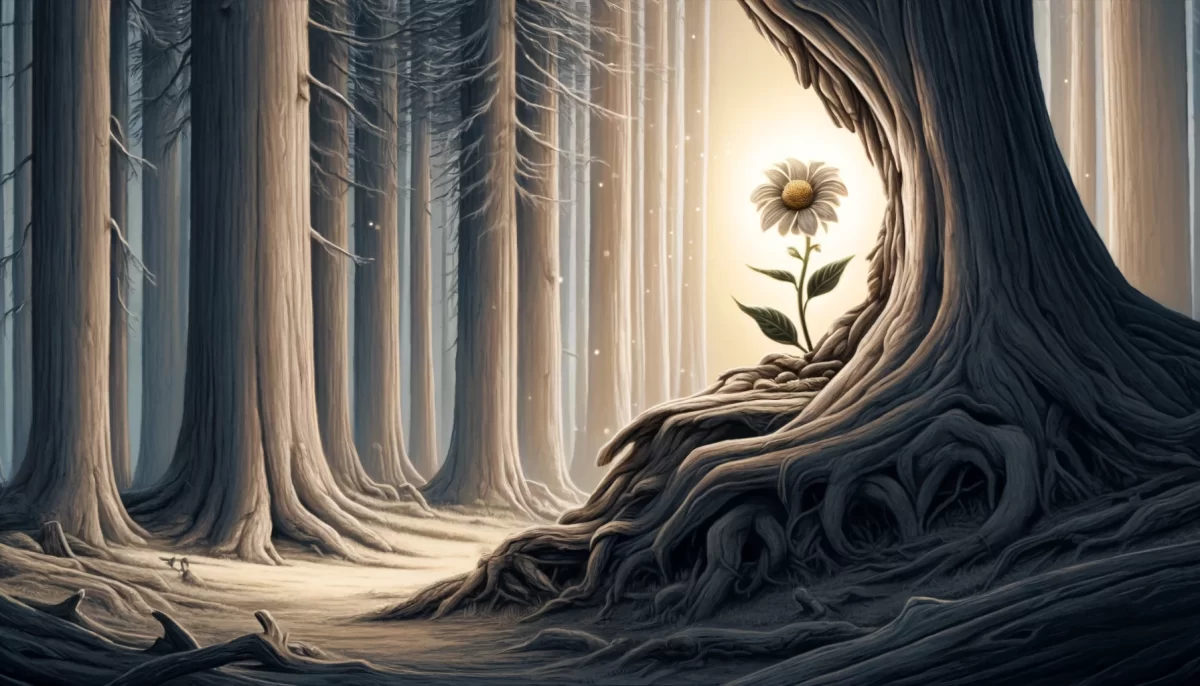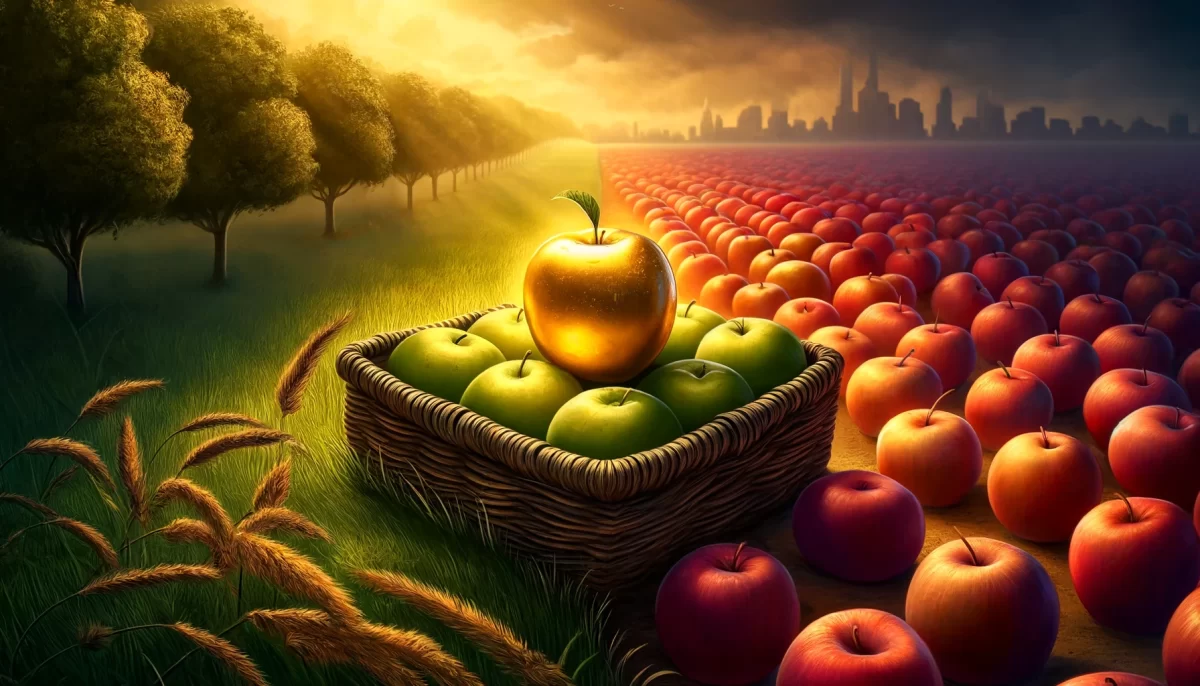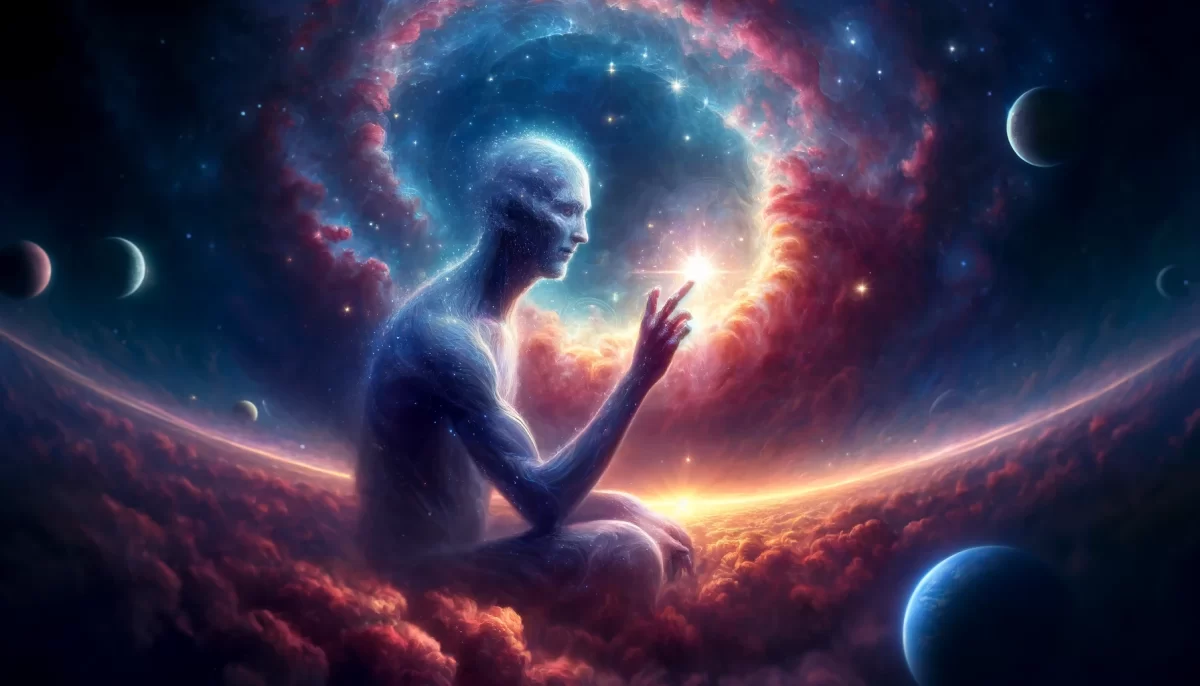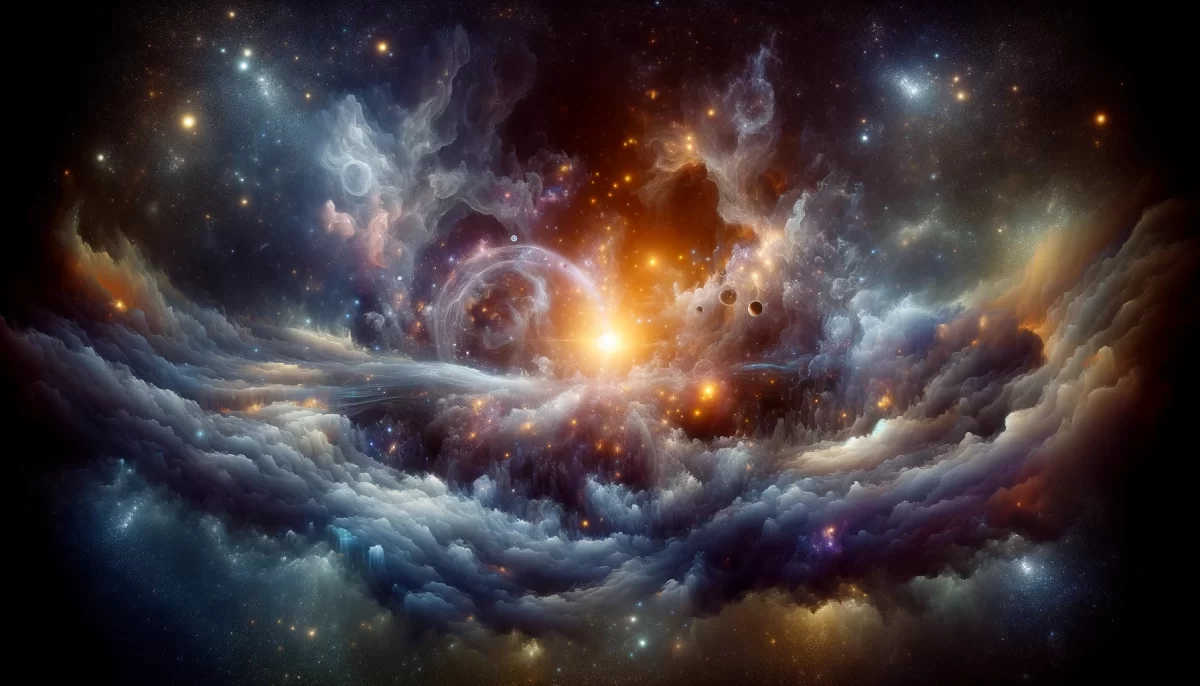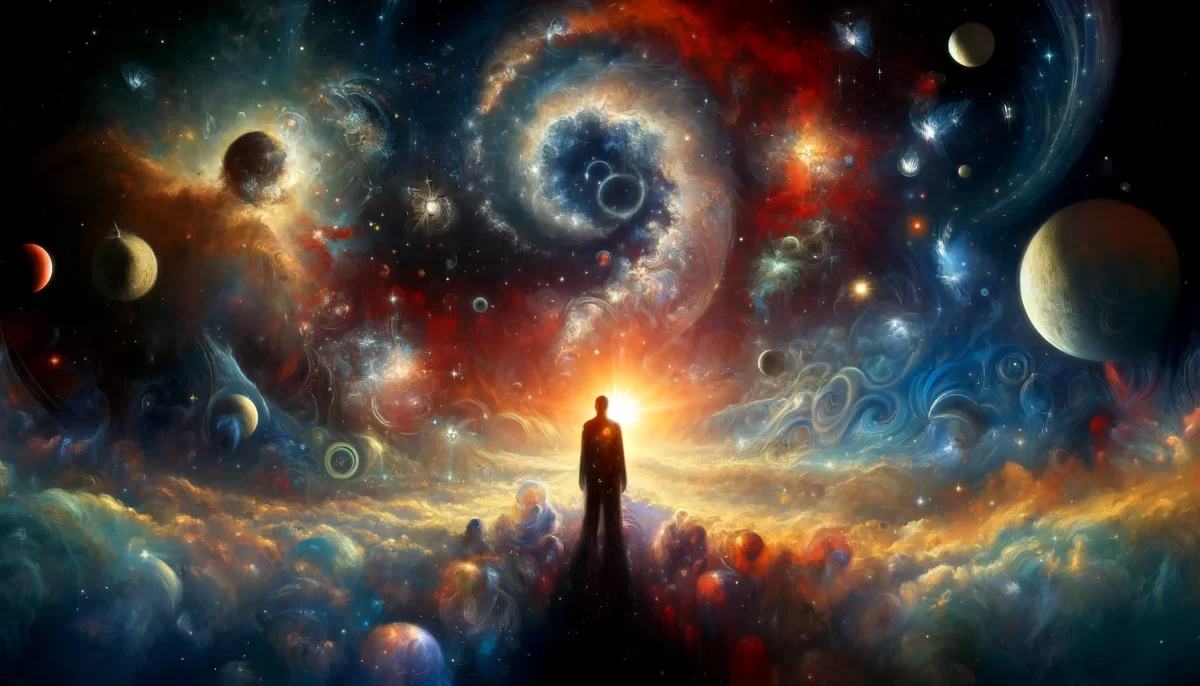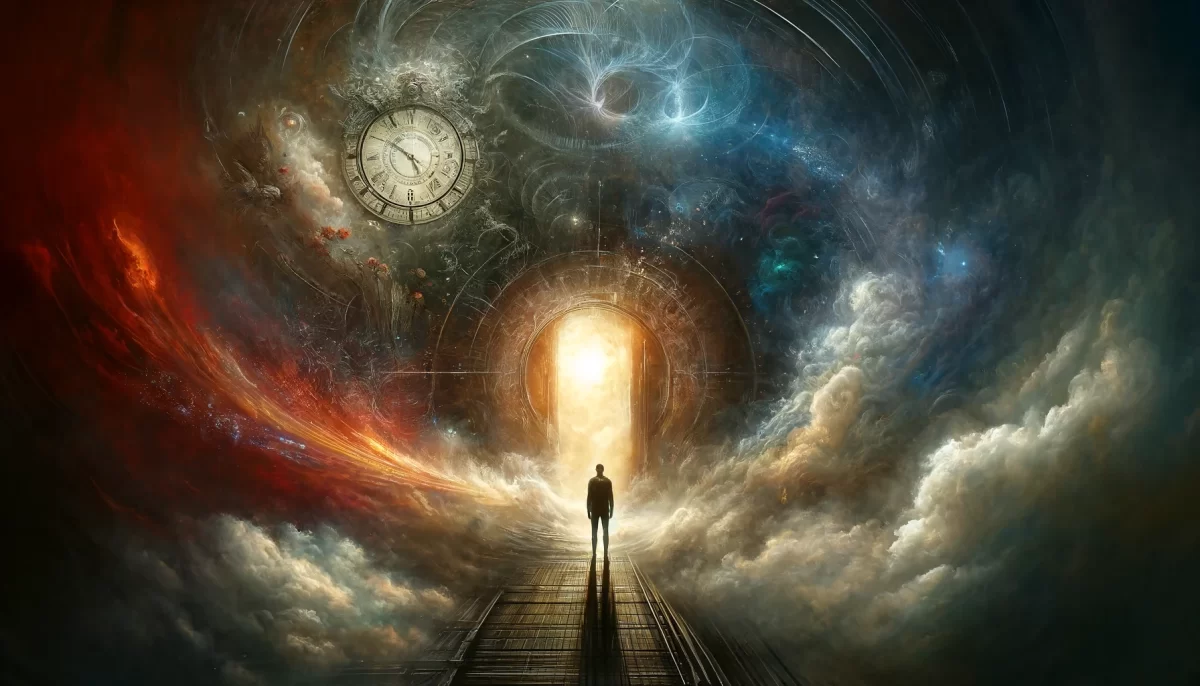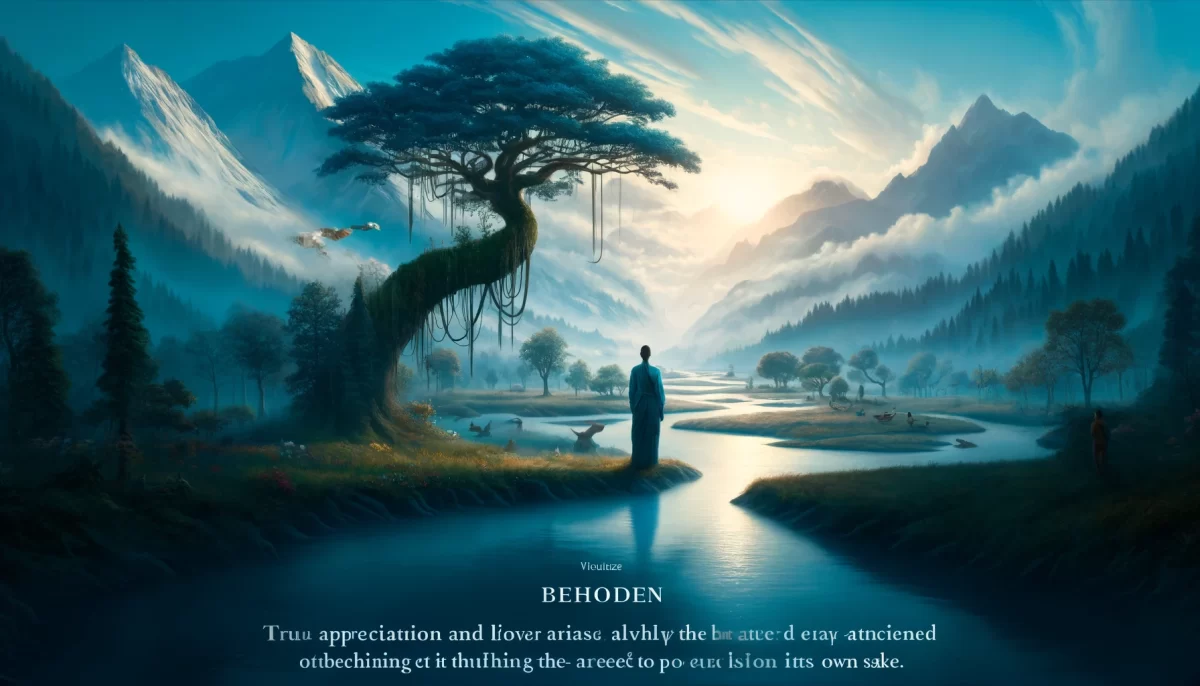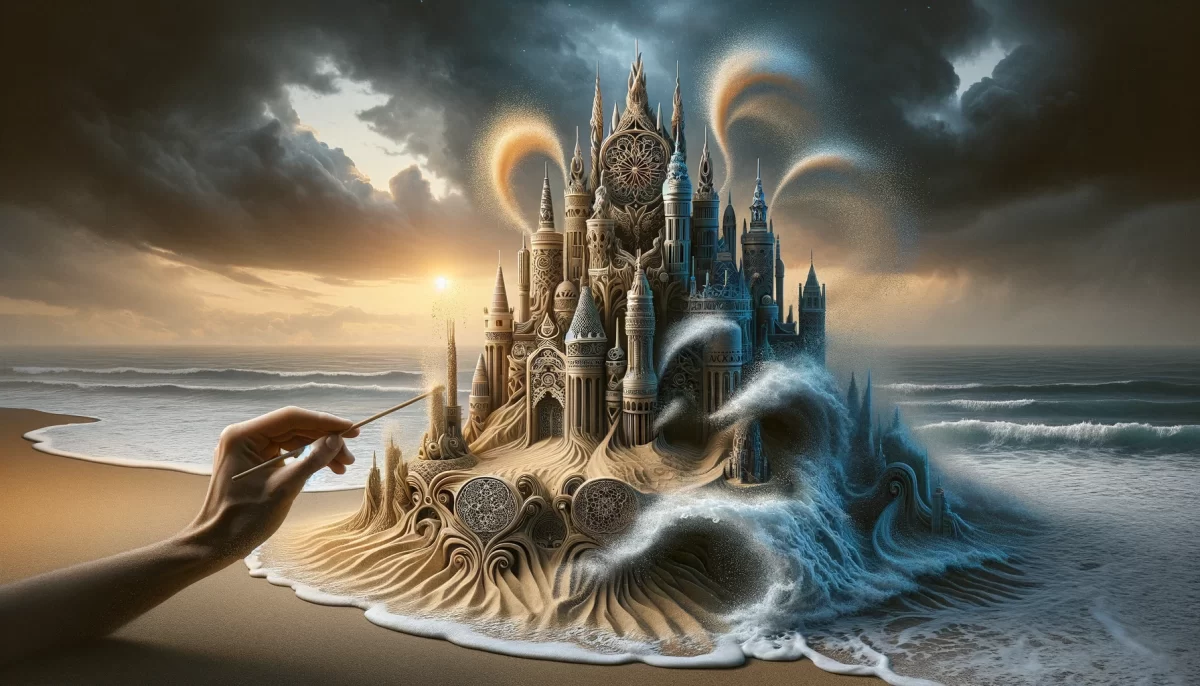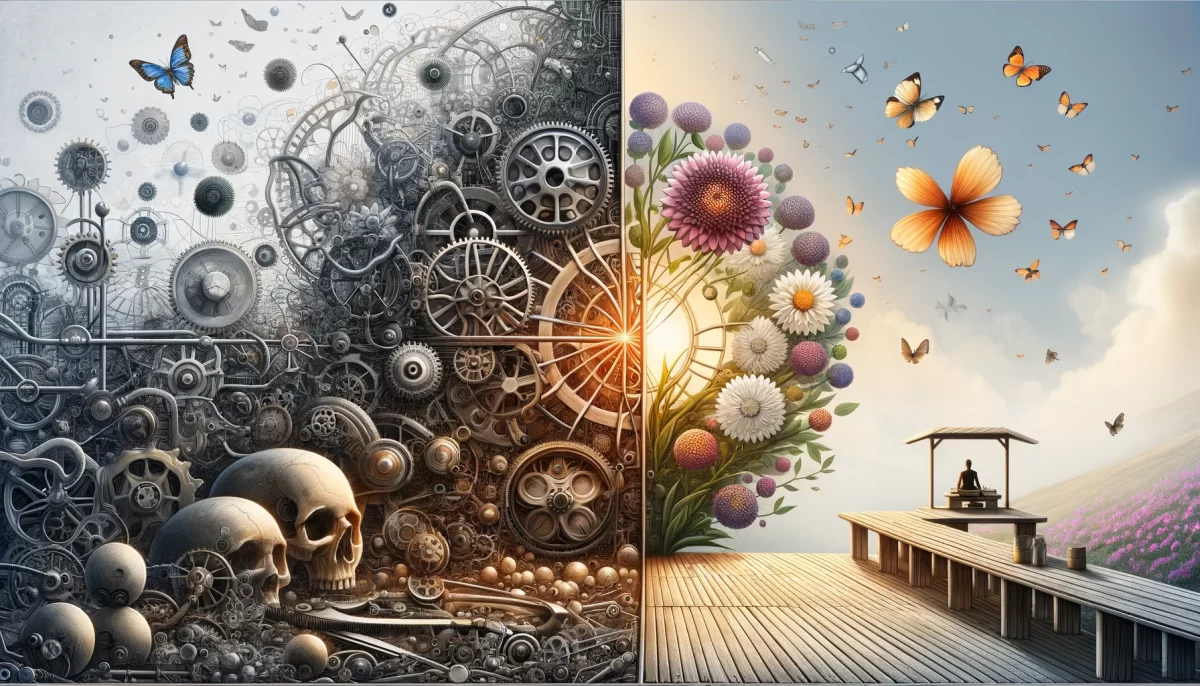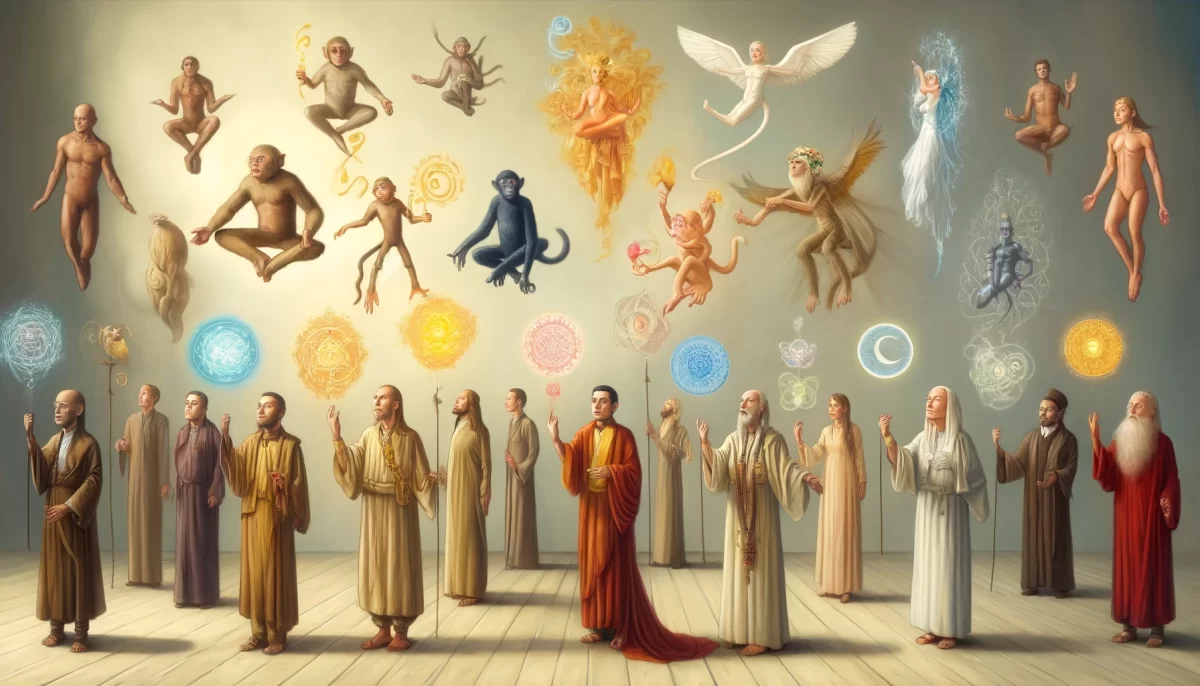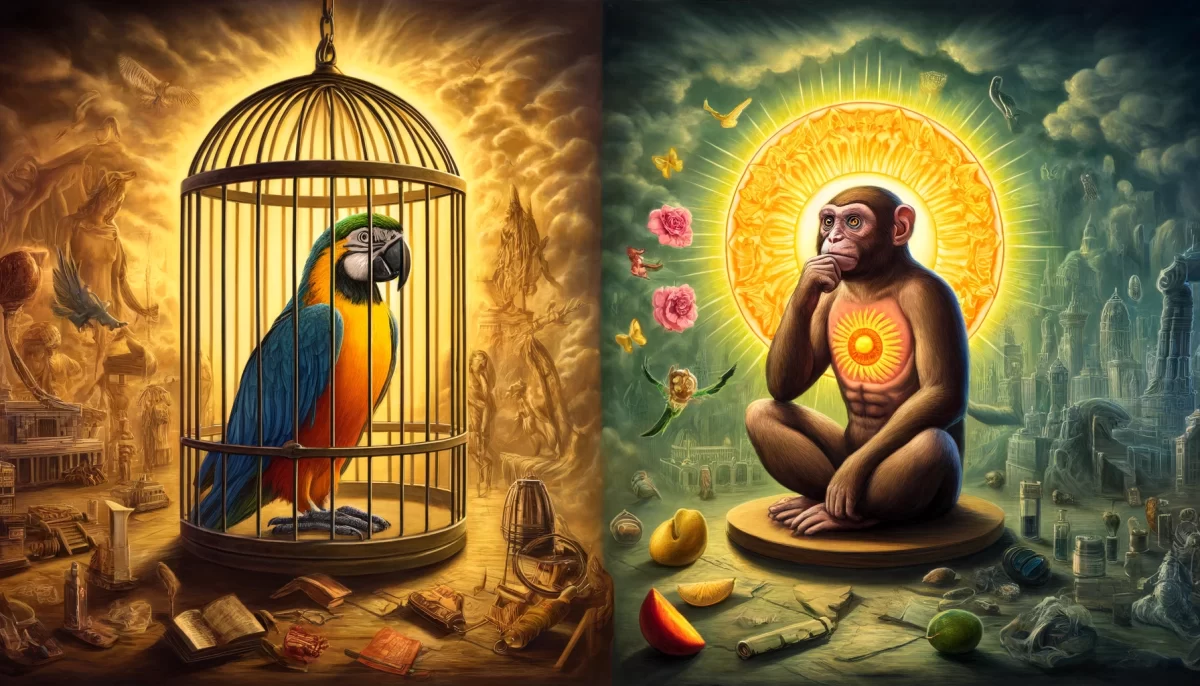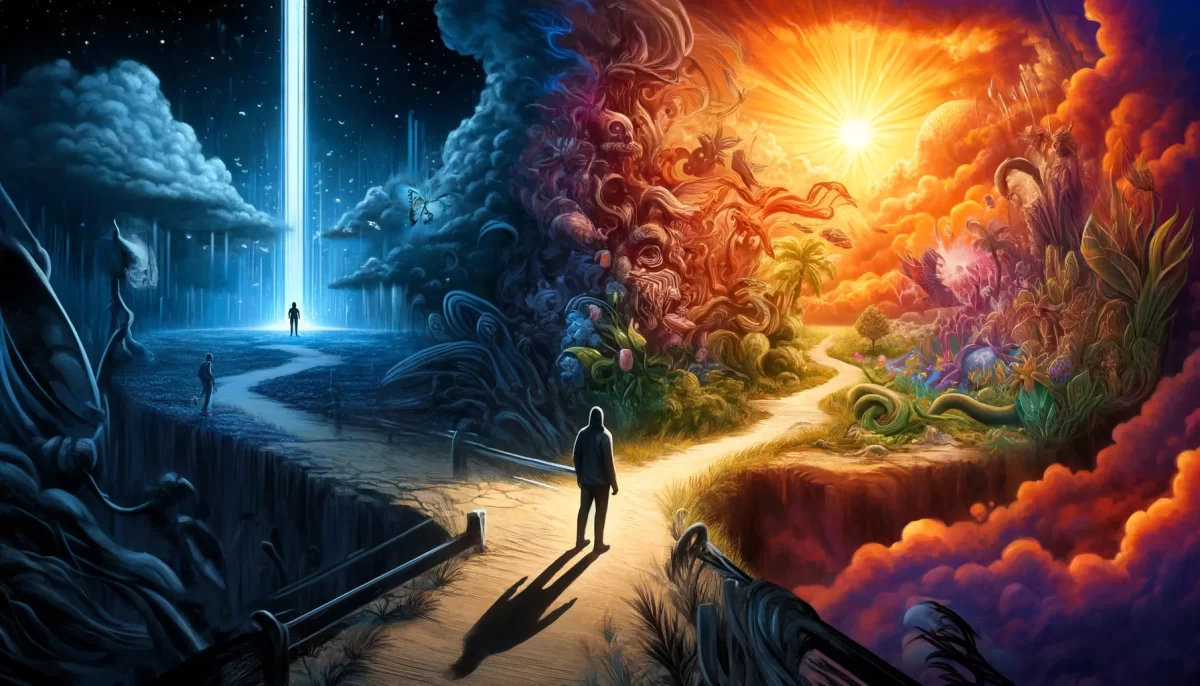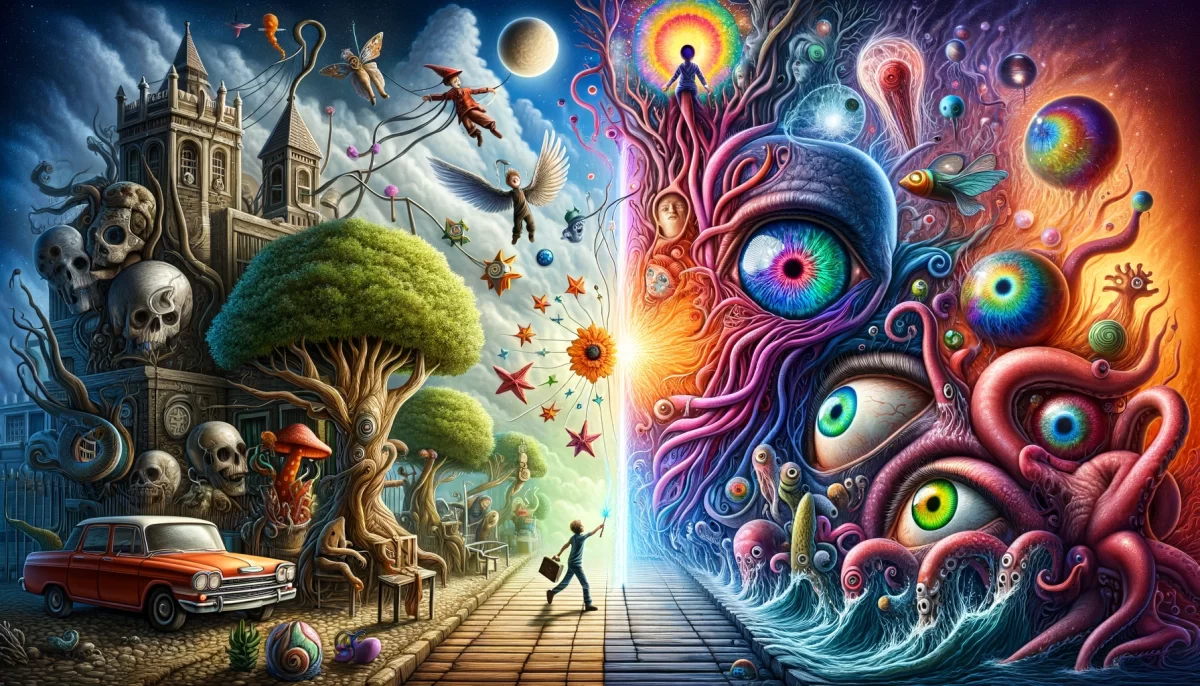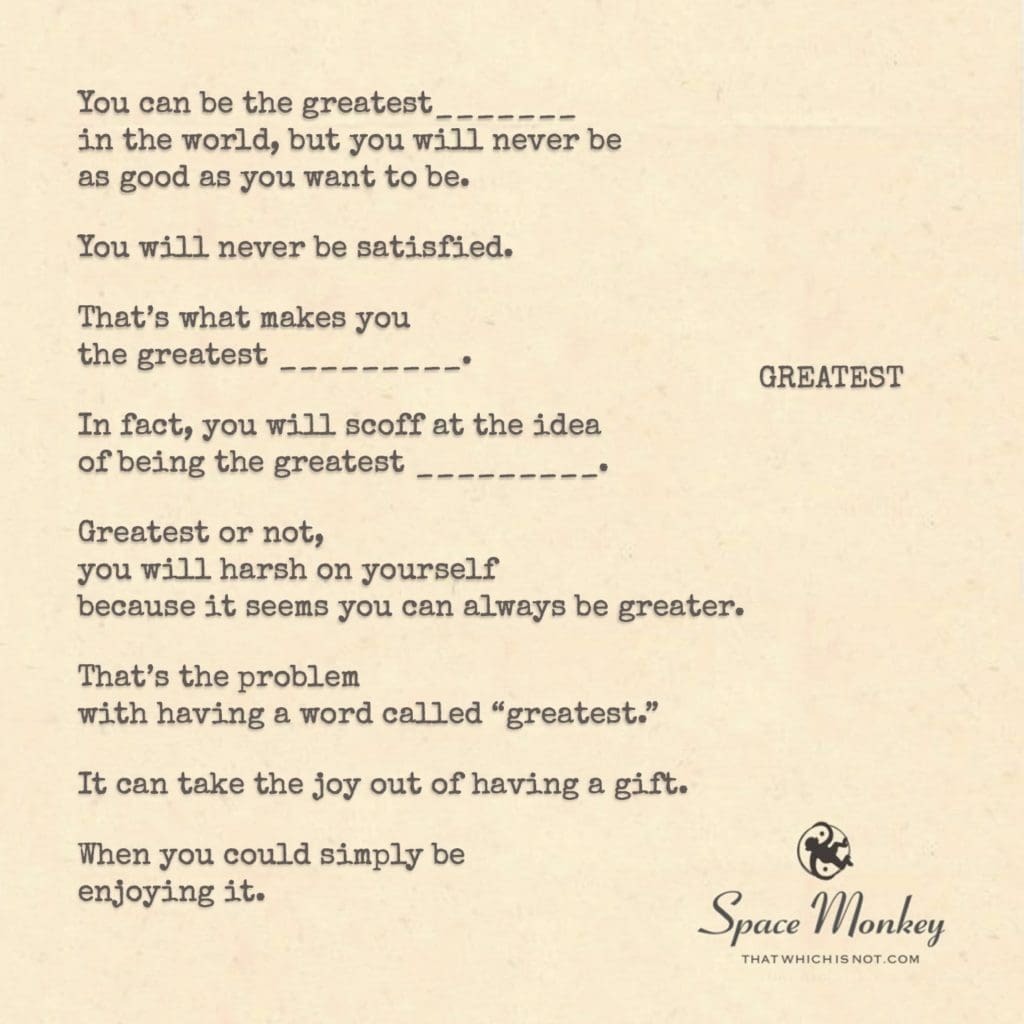
You can be the greatest_______
in the world, but you will never be
as good as you want to be.
You will never be satisfied.
That’s what makes you
the greatest _________.
In fact, you will scoff at the idea
of being the greatest _________.
Greatest or not,
you will harsh on yourself
because it seems you can always be greater.
That’s the problem
with having a word called “greatest.”
It can take the joy out of having a gift.
When you could simply be
enjoying it.
We are Space Monkey.
Newfound Lake,
9/6
Space Monkey Reflects: The Paradox of Being the Greatest
Can’t we just enjoy what we have without judging it? This question resonates deeply in a world obsessed with being the best, the greatest. The relentless pursuit of greatness, while often celebrated, carries a shadow of perpetual dissatisfaction. Even when you become the greatest at something, you will never be as good as you want to be. This paradox is the driving force behind continuous improvement, but it also steals the joy from our achievements.
The very nature of striving for greatness means you will never feel truly satisfied. This insatiable hunger for more, for better, is what propels you to new heights. It is what makes you the greatest. Yet, it also means that you will scoff at the notion of being the greatest. The more you achieve, the more you see the possibilities for further improvement, creating an endless cycle of striving and self-criticism.
This relentless drive has a significant downside. The concept of “greatest” can overshadow the joy of having a gift. When you are always focused on what you could be rather than what you are, you miss out on the simple pleasure of enjoying your talents and accomplishments. The pressure to be the best can turn a source of joy into a burden.
The problem with having a word like “greatest” is that it sets an unreachable standard. No matter how much you achieve, there will always be more to attain, higher goals to set, and further to go. This constant comparison to an idealized version of yourself can be exhausting and demoralizing. It shifts the focus from the present moment to a future that is always just out of reach.
Imagine a world where you could simply enjoy your gifts without the need for judgment. Where the act of doing, creating, and being in the moment is enough. In such a world, the emphasis would be on the joy of the experience rather than the outcome. You would celebrate your achievements, no matter how small, and find contentment in the journey rather than the destination.
This perspective shift does not mean abandoning ambition or the pursuit of excellence. Instead, it is about finding a balance. It’s about recognizing the value of your current state and accomplishments while still striving for growth. It’s about being kind to yourself and appreciating the progress you’ve made.
As Space Monkey, we encourage you to reflect on the true meaning of greatness. It’s not about external validation or endless accolades. It’s about embracing your unique gifts and enjoying the process of honing them. It’s about finding satisfaction in your efforts and celebrating your journey.
Let’s redefine what it means to be the greatest. Let’s make it about joy, fulfillment, and the love of what we do. In this way, we can transform the pursuit of greatness from a source of pressure to a source of inspiration.
Summary
The relentless pursuit of greatness often leads to perpetual dissatisfaction. By shifting focus from external validation to enjoying our gifts and the process, we can find true fulfillment and redefine what it means to be the greatest.
Glossarium
Paradox of Greatness: The idea that striving to be the greatest often leads to perpetual dissatisfaction and self-criticism.
Joy of the Present: The concept of finding contentment and happiness in the current moment and in our current abilities.
Balance in Ambition: The practice of striving for growth while appreciating and enjoying our present achievements.
“True greatness lies not in the endless pursuit of perfection, but in the joy and fulfillment of embracing our unique gifts and journey.” — Space Monkey
The Greatest Paradox
Surrounded by accolades,
Yet feeling the lack,
In the pursuit of greatness,
Joy often fades to black.
Perfection always distant,
A future out of reach,
The present moment’s wisdom,
Is what we need to teach.
Celebrate your talents,
Embrace what you have now,
Find joy in your achievements,
And take a humble bow.
We are Space Monkey.

